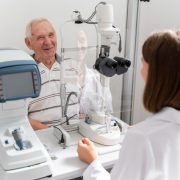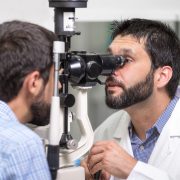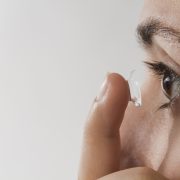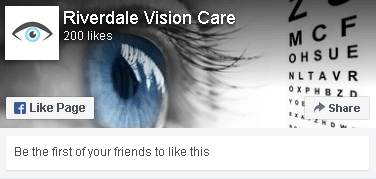3 Ways to Improve Your Night Vision
Very few people in the world won’t struggle with night vision at some point in their lives. As you age, your eyes naturally find it more difficult to make out objects in the dark. However, while you may not be able to stop the aging process entirely, there are things that you can do to improve your ability to see when the sun goes down.
Add More Vitamins to Your Diet
Specifically, you should focus on getting more vitamin A through carrots, sweet potatoes, and dark, leafy greens. Vitamin A is a building block of rhodopsin, also known as the protein that helps you see at night. While your body does produce the protein on its own, it relies on vitamin A in your diet as the initial building block. (If you’re going to switch up your diet, you might also consider cutting back on smoking too.)
Wear the Right Eyewear
You might think that night vision in Riverdale, NJ is relatively straightforward to treat, but the truth is that there are endless options available. When all of them claim to do the same thing, it’s not always easy to know which is right for you. In addition to protecting your eyes from the sun with sunglasses, you should always wear your corrective lenses as your doctor recommends. You can also consider coated lenses or night driving glasses, which may be enough of a bridge to keep you safe on the road.
Talk to an Optometrist in Riverdale
From cataract surgery to anti-glare technology, the optical industry has plenty of solutions that can restore your ability to see in the dark. However, not everyone will be eligible for the same treatments, which is why it’s so important to talk to an eye doctor in Riverdale, NJ, if you’re concerned about this common issue. If you make a mistake, particularly if you’re overestimating the improvements, you can easily put yourself or your loved ones in danger.
At Riverdale Vision Care, we monitor your vision over time, ensuring you know how it’s changing and when it’s time to make a change. Contact us today to schedule a comprehensive eye exam if you’re concerned.











